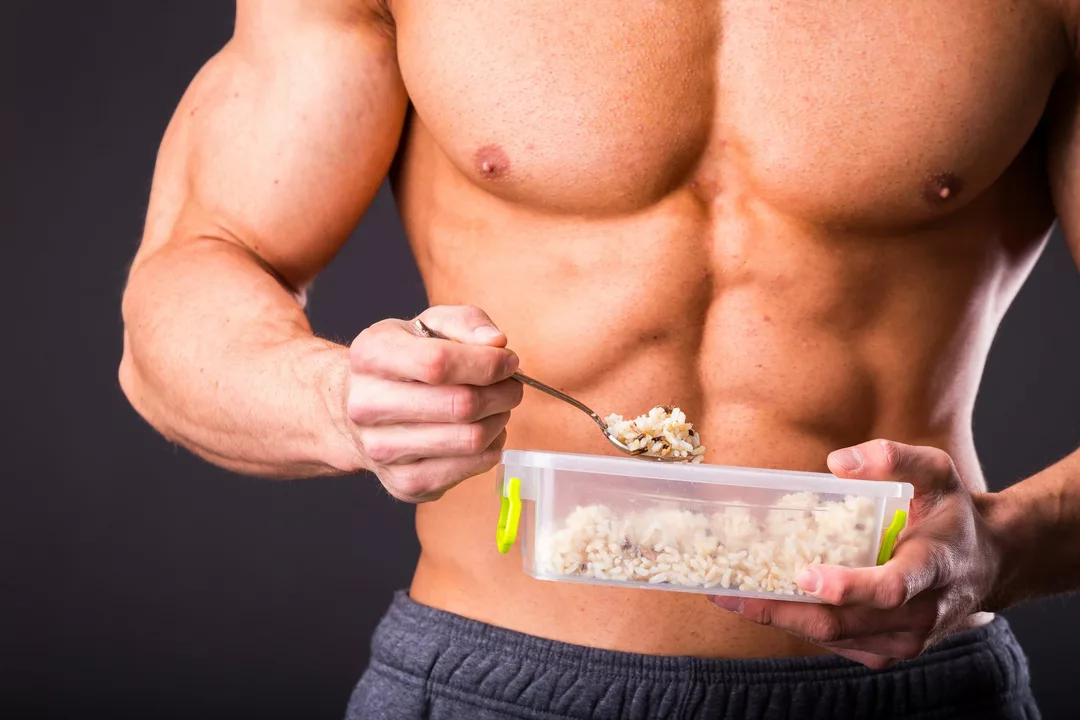Want to try a vitamin, herb, or performance booster but not sure where to start? Supplements can help with gaps in your diet, energy, or specific conditions — but they’re not all equal. This page collects easy, practical guidance so you can choose safer products and avoid common traps.
First thing: supplements aren’t regulated like prescription drugs. That means quality and strength vary a lot between brands. A cheap bottle might contain less active ingredient than claimed, or include fillers and contaminants. So price alone isn’t proof of quality.
Look for third-party testing. Certifications from USP, NSF, or ConsumerLab mean the product was independently checked for potency and purity. Check the label: active ingredient, dose per serving, total servings, and other ingredients. Avoid proprietary blends that hide exact amounts — you want to know how much of each ingredient you’re taking.
Research the evidence for what you want to take. Some supplements have solid human trials (e.g., certain probiotics, vitamin D for deficiency), while others rely on weak or mixed data. Use trusted sources like PubMed or government health sites to confirm claims. If a product promises a miracle cure or fast weight loss, be skeptical.
Check interactions and contraindications. Supplements can affect prescription meds. For example, St. John’s wort reduces some drug levels; high-dose vitamin K interferes with blood thinners. If you’re pregnant, nursing, or have chronic disease, talk to your clinician before starting anything new.
Start with the lowest effective dose and track results. Keep a list of every supplement and medication you take — this prevents accidental overlaps (many multivitamins already include iron or B vitamins). Watch for side effects and stop if you notice unusual symptoms like rapid heartbeat, severe headaches, or allergic reactions.
Avoid mega-dosing unless a clinician recommends it. Fat-soluble vitamins (A, D, E, K) can build up and cause harm. Herbal mixes with multiple stimulants can raise blood pressure or disrupt sleep. Labels that claim to replace medical treatment or promise ‘guaranteed’ outcomes are red flags.
Buy from reputable sellers. Pharmacies and well-known retailers are safer than random marketplaces. Check for clear contact information, return policies, and real customer reviews. If you buy online, prefer sites that show batch numbers and lab certificates.
Finally, consider cost vs. benefit. Some supplements are inexpensive and low-risk; others cost a lot with little proof they work. If a nutrient is low in your diet, simple changes to food first often give big results without pills.
If you want product reviews, evidence summaries, or tips for specific goals like sleep, joint support, or men’s supplements, browse the articles tagged here. Ask questions — I’ll help you sort evidence from hype and find safer options for your needs.

As a health enthusiast, I've recently discovered the incredible benefits of dandelion in dietary supplements. This unsung hero is not only a common weed but also a powerhouse of nutrients, offering support for a stronger and healthier body. Dandelion is packed with vitamins and minerals, including vitamins A, C, and K, as well as calcium, iron, and potassium. Its potential health benefits include improved digestion, detoxification, and even reduced inflammation. I'm excited to incorporate dandelion into my diet and share this amazing find with others looking to boost their overall health.